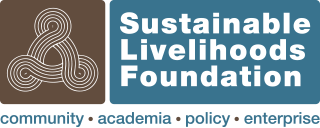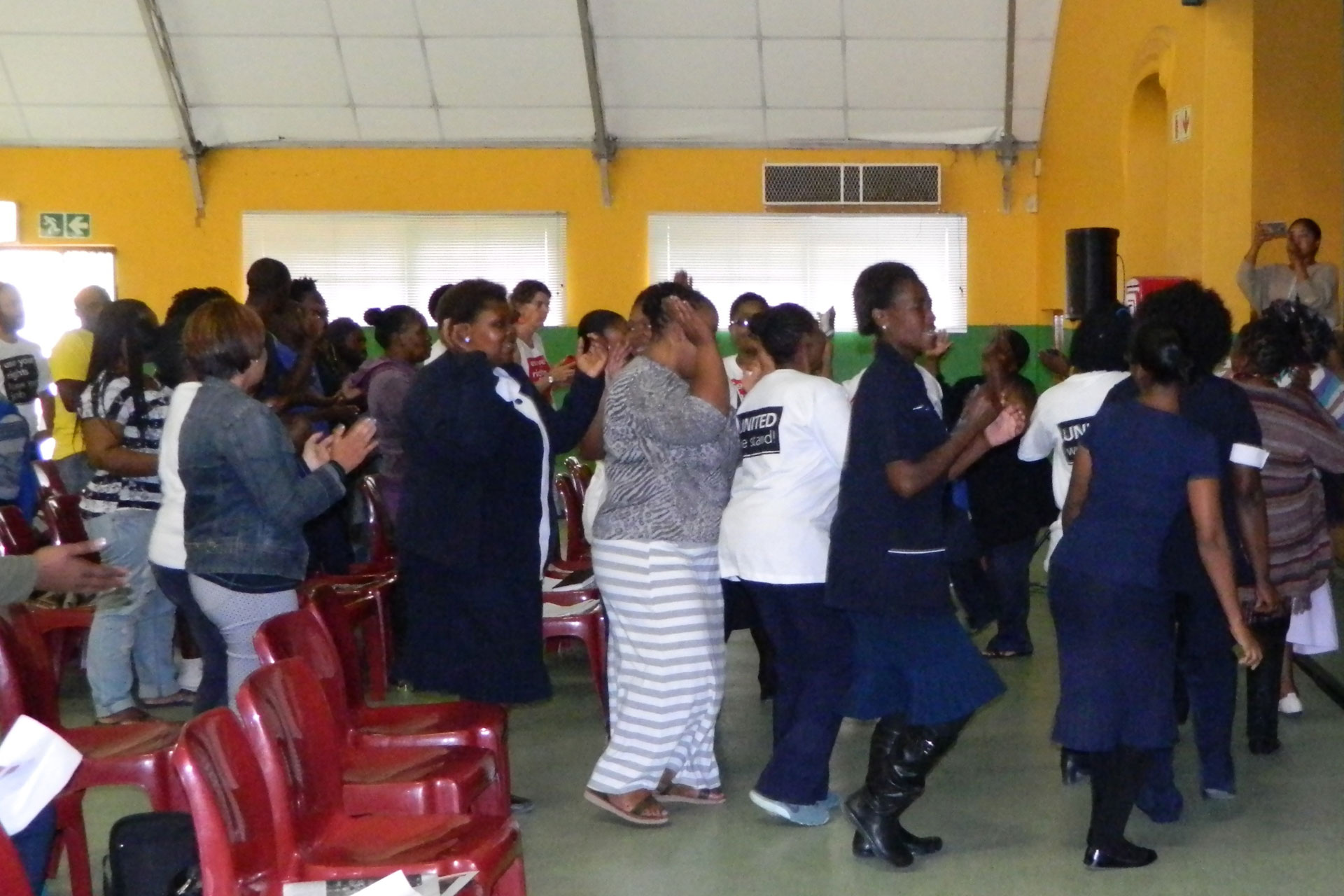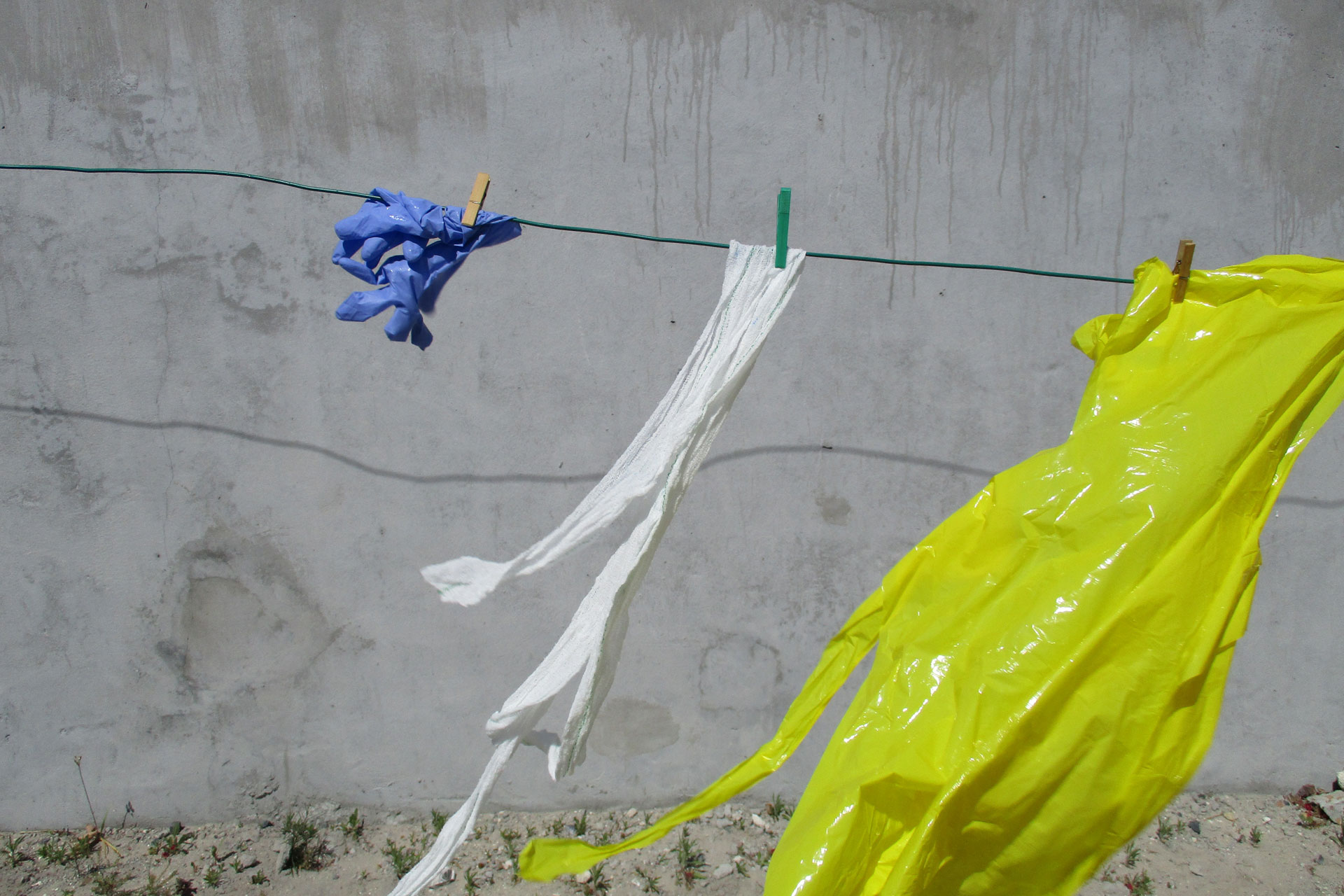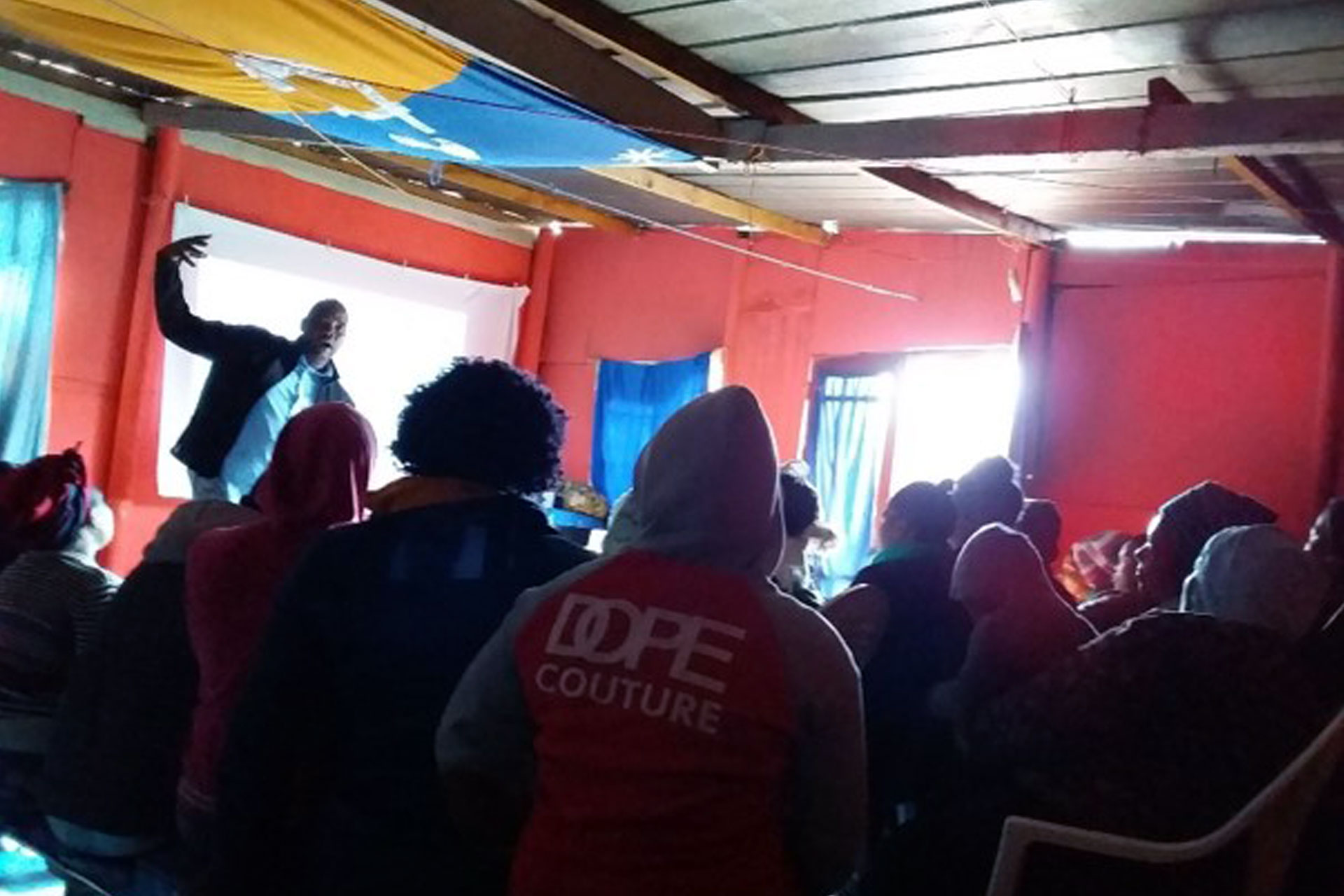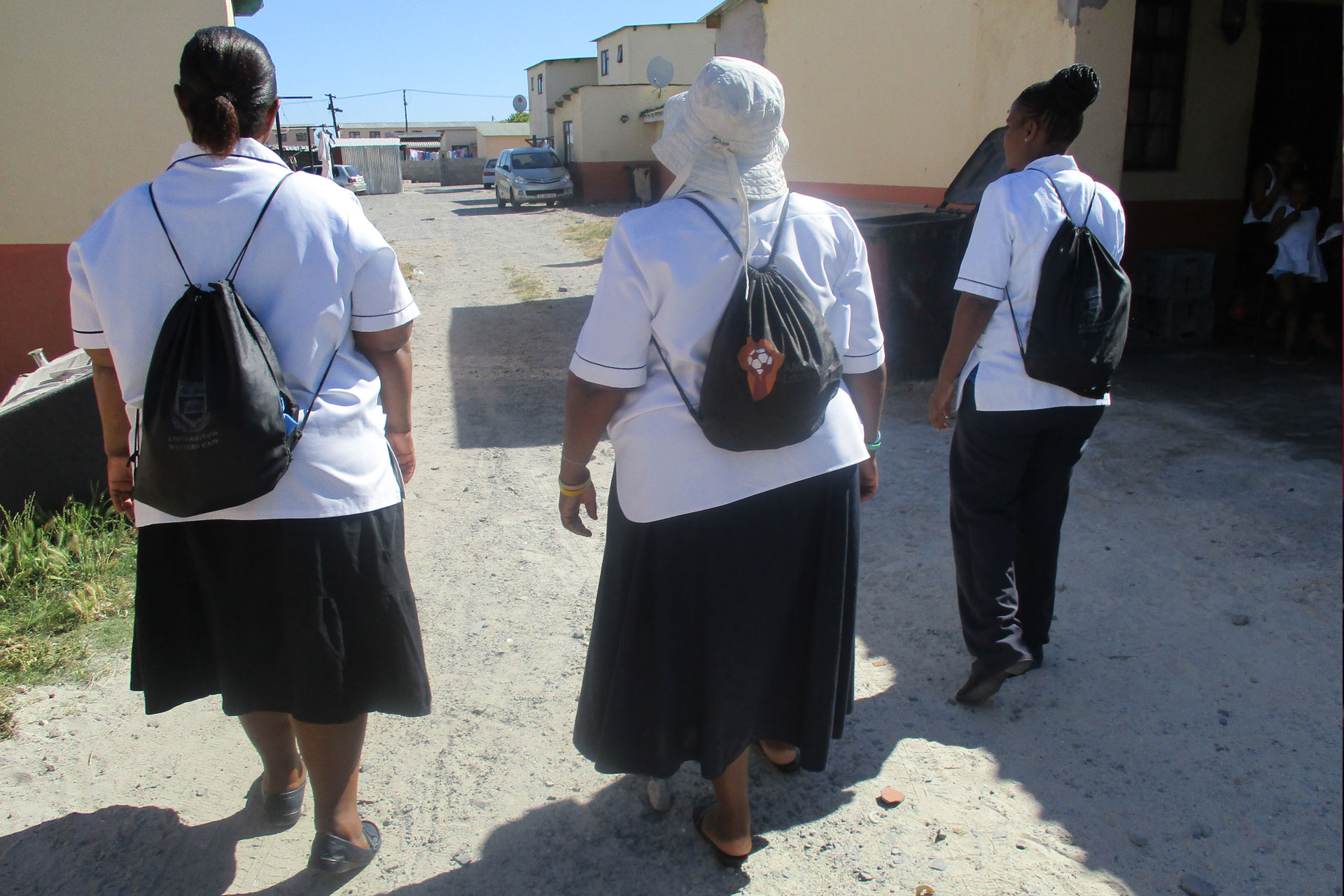Making All Voices Count
Making All Voices Count (MAVC) was an international programme that aimed to change the relationship between citizens and their governments. As an MAVC partner organization, SLF led a multidisciplinary and multidimensional research project – ‘Translating complex realities through technologies: lessons about participatory accountability from South Africa’ – that used a range of technology-enabled participatory processes to unpack deficiencies in government accountability.
The principal research questions were
- How do accountability issues play out in different contexts in South Africa, and among different marginalised groups?
- How can citizens from marginalised groups convey personal experiences and articulate collective positions through participatory technologies?
- Which factors influence government responsiveness to the issues facing marginalised groups?
- Which combinations of participatory technologies are most effective in increasing accountability and helping marginalised groups tackle the inequalities they face in their everyday lives?
Using a multi-method research process, SLF supported groups of community safety activists, community care workers, health committee members, informal traders, and traditional healers to collectively identify and prioritize accountability issues and consider how they could raise their voices to those in power and those who shape and implement policy.
As well as providing valuable evidence that was used to inform policy dialogue, the MAVC project also strengthened the capacity of the participating groups to speak out through different participatory technologies including digital storytelling, filmmaking, photovoice, geospatial mapping and infographics.
The findings show how diverse forms of knowledge on issues of social and economic exclusion are needed to shift the entrenched perspectives of government representatives and improve their responsiveness. Generating and using this knowledge through research is a process of translating complex realities. Here, technologies can play an important, if unsettling, role. This includes translating, in multiple directions, between the lived experiences of marginalisation and injustice, and the micro-dynamics of government policies and programmes.
Project leader:Dr. Joanna Wheeler, Dr. Gill Black, Dr. Andrew Hartnack, Nava DerakhshaniDuration:15 months
January 2016 – March 2017Funders:Making All Voices Count Partners:Institute of Development Studies, University of Sussex
Project outputs and resources
This report ‘Translating complex realities through technologies: lessons about participatory accountability from South Africa’, focuses on four case studies, which examined the lived realities of marginalised groups and the activists that campaign on their behalf: activists against gender-based violence and for community safety; community care workers and health committee members working for public health; informal traders and the informal economy; and traditional healers campaigning for indigenous rights.
